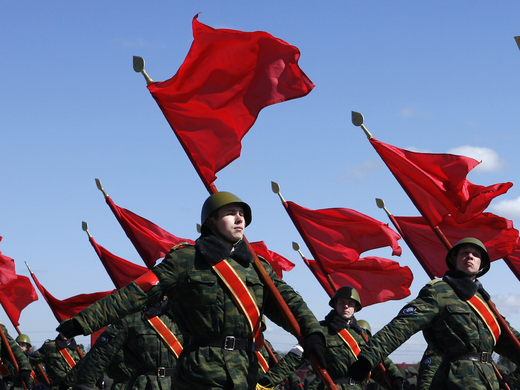Sound economic policies, which are in short supply in most key nations of the world, are fundamental to national security and international leadership. Even if the United States — still the dominant world power — is able to fix its myriad economic problems, it will no longer be able to exert the influence it once could. The United States must work alongside others — and accept that others will sometimes work together without it — to deal with a wide range of persistent and emerging global problems and issues. A new kind of voluntary and targeted multilateral problem solving is taking shape, building on the traditions of collective defence and collective security. This new approach is based not on formal consensus, but rather on cooperation emerging out of an informal process of consultation, with final, decision-making authority continuing to reside with national authorities. New, informal partnerships in the realms of security, economics and global governance seem likely to emerge among countries that are not themselves “great powers” by the traditional definition, but that nonetheless have both compelling strategic interests in a peaceful, prosperous world and the diplomatic and, sometimes, military capacity and political disposition to make a significant difference.


